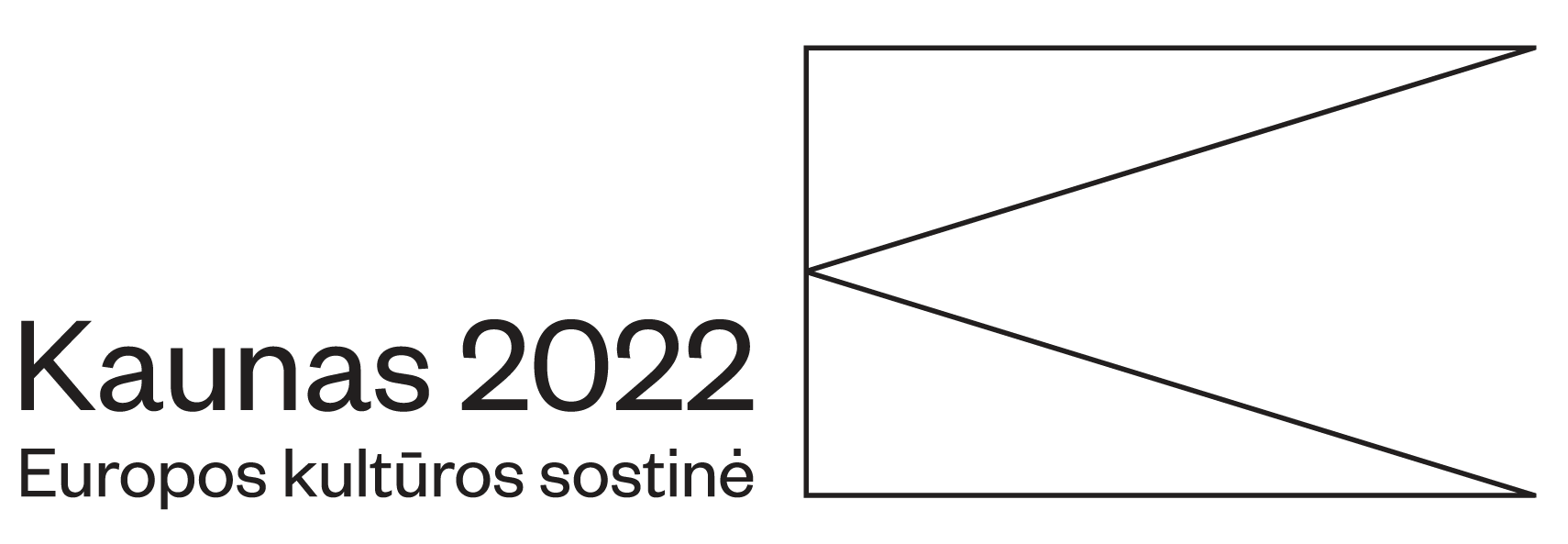Mariya Gabriel, European Commissioner for Innovation, Research, Culture, Education and Youth, and Elisa Ferreira, European Commissioner for Cohesion and Reforms, have invited mayors of European Capitals of Culture and European Capitals of Innovation – Rijeka, Cork, Esch-sur-Alzette, Leuven, Barcelona and Kaunas – to a public discussion. Together with experts on regional policy, the mayors shared good practices on how to implement the priorities of the New European Bauhaus through citizen participation and mobilization of the creative and innovation sectors. The New European Bauhaus is a movement based on sustainability, accessibility and aesthetics, which aims to bring the European Green Deal closer to the people. Visvaldas Matijošaitis, the Mayor of Kaunas, also shared the good practices of the European Capital of Culture in creating long-term sustainable socio-cultural change in the city.
The Old Bauhaus phenomenon – the international architecture, art and design movement existed in Germany from 1919 to 1933, but has made a global impact on the development of cities around the world. At the Bauhaus school, artists from various fields – architects, designers, painters, choreographers, scenographers – taught and developed the ideas of a modern European city. Kaunas, as the temporary capital, underwent innovative changes during almost the same period and thanks to the breakthrough of modern architecture. During the 1920’s and 1930’s, the city grew sevenfold: administrative and social functions required educational and cultural institutions, state institutions, and housing. Thus, about 6,000 buildings of modernist architecture emerged in Kaunas, which became the city’s architectural landmark. In 2015, Kaunas modernism was awarded the European Heritage Label, and in 2022, the year of the European Capital of Culture, a positive response from the UNESCO World Heritage Committee is expected.
„For our city, the title of European Capital of Culture is an opportunity to create the second phenomenon of the capital, just not temporary, but contemporary – to activate the social and economic life of the city through culture,” says Kaunas city Mayor Visvaldas Matijošaitis.
Since the award of the title of European Capital of Culture in 2017, the diverse Capital of Culture program has gained momentum in Kaunas, involving communities and neighbourhoods of the city in creative processes based on cooperation and volunteering, including various environmental management solutions.
„One such program is Modernism for the Future, which aims to strengthen the awareness of city’s residents in the field of heritage. In 2022, the year of the Capital of Culture, several hundred art events will be related to the modernist architecture,” says Virginija Vitkienė, head of Kaunas – European Capital of Culture 2022.
Kaunas also undertakes other ambitious projects based on the idea of the New European Bauhaus: thanks to the heritage management program it promotes revitalization of modernist and other heritage buildings, innovatively develops economic zones such as Aleksotas territory – with the help of professionals in culture, art, design and architecture, and city’s residents, former military industrial zone is transformed into a valley of high technology and innovation. After the European Union has set an ambitious direction and goals for the Green Deal, in 2020 Kaunas presented a sustainable mobility plan, one aspect of which is the zero-emission zone of the Old Town, for which it received acknowledgements of the European Commission.
Photo by A. Aleksandravičius

